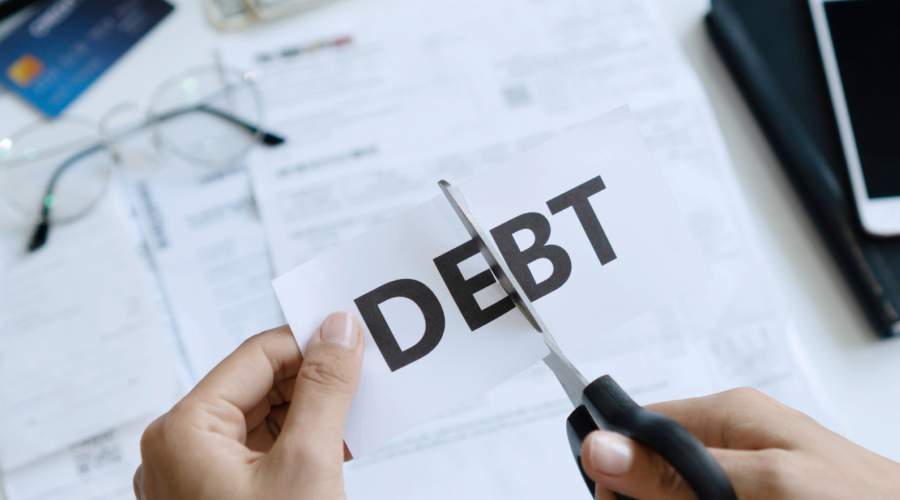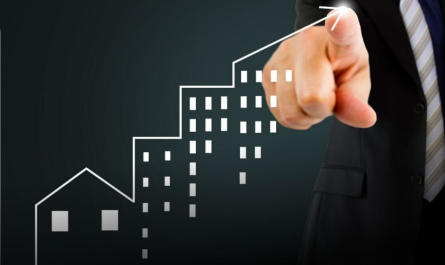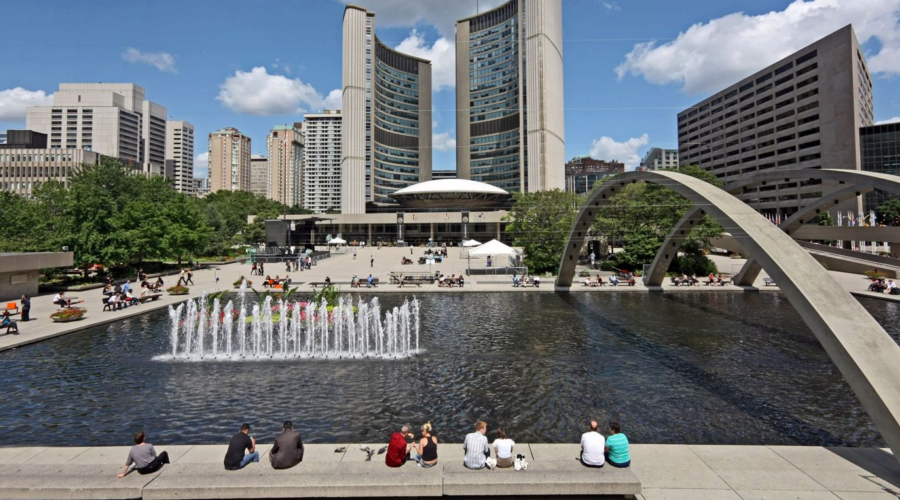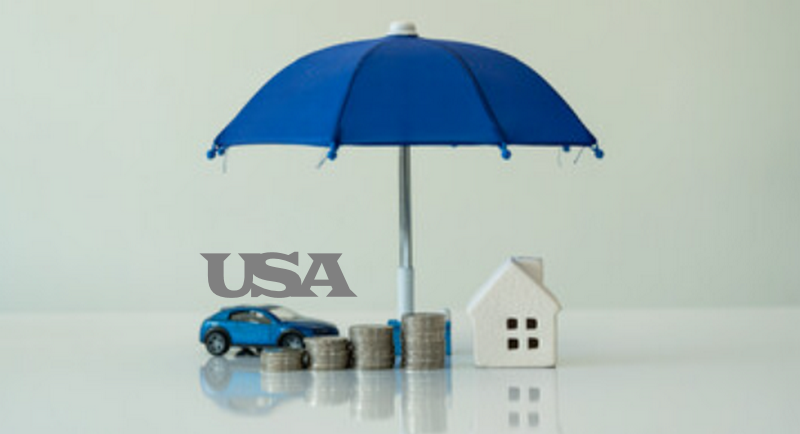Financial struggles can feel overwhelming when debts pile up and interest rates rise faster than your income. That’s where debt forgiveness programs come in — they are designed to help individuals regain control of their finances and work toward financial recovery. In this guide, we’ll explore what these programs are, how they work, and how you can use them to start your journey toward debt relief.
Understanding Debt Forgiveness Programs
Debt forgiveness programs are initiatives that allow a portion of your outstanding debt to be reduced, canceled, or restructured. These programs can be offered by lenders, government agencies, or nonprofit organizations, depending on the type of debt involved. The goal is to help individuals who are struggling financially to avoid bankruptcy while still repaying what they can afford.
Common forms of debt forgiveness include credit card debt relief, student loan forgiveness, mortgage modification, and medical debt reduction. Each program operates differently, but all share a common objective — helping people regain financial stability without overwhelming debt burdens.
Types of Debt Forgiveness Programs
- Credit Card Debt Relief: Credit card companies may offer settlement options where a portion of the debt is forgiven in exchange for a lump-sum payment.
- Student Loan Forgiveness: Programs such as Public Service Loan Forgiveness (PSLF) and income-driven repayment forgiveness can help eliminate student debt after meeting certain conditions. Visit Federal Student Aid for official details.
- Mortgage Debt Forgiveness: Some lenders offer principal reductions or loan modifications to help struggling homeowners.
- Medical Debt Forgiveness: Nonprofit organizations and hospitals may forgive or reduce medical debt for low-income patients.
How Debt Forgiveness Works
The process of debt relief usually starts by assessing your total debt and negotiating with creditors. Many people work with debt relief companies or credit counseling agencies to manage communication and documentation. These agencies can help create a realistic repayment plan while aiming to reduce interest rates or eliminate certain fees.
Some programs, especially federal ones, may require eligibility verification. For example, Consumer Financial Protection Bureau outlines the rights and protections available to borrowers and how to apply for debt forgiveness legitimately.
Steps to Apply for a Debt Forgiveness Program
- Gather your financial documents — bank statements, loan agreements, and credit reports.
- Contact your creditor or a reputable credit counseling agency.
- Discuss repayment or settlement options that suit your financial capability.
- Get the agreement in writing and verify the terms before making any payment.
- Continue making agreed payments consistently to maintain your eligibility.
Benefits of Debt Forgiveness Programs
Participating in a debt forgiveness program can lead to multiple advantages that help you regain financial balance:
- Reduced Financial Burden: A significant portion of your debt is either forgiven or reduced, making payments more manageable.
- Improved Credit Health: While initially your credit score might dip, consistent payments and reduced balances will improve your credit profile over time.
- Peace of Mind: Knowing that there’s a structured path toward financial recovery helps reduce stress and anxiety.
- Avoid Bankruptcy: Forgiveness programs can help you avoid the severe credit damage and long-term effects of bankruptcy.
Debt Forgiveness vs. Debt Consolidation
It’s important to understand the difference between debt forgiveness and debt consolidation. While forgiveness involves reducing or canceling part of your debt, consolidation combines multiple debts into a single loan, often with a lower interest rate. You’re still responsible for repaying the full amount in consolidation, whereas forgiveness eliminates a portion of your obligation.
To compare various methods of managing debt, read our detailed guide on Debt Consolidation vs. Debt Relief for an in-depth analysis.
Potential Drawbacks to Consider
While debt forgiveness programs offer valuable benefits, they also come with potential downsides you should consider:
- Tax Implications: Forgiven debt may be considered taxable income by the IRS. Always check with a tax advisor before proceeding.
- Impact on Credit Score: Debt settlement can temporarily lower your credit score as lenders report partial payments.
- Scams and Fraud: Unfortunately, not all companies offering debt relief are legitimate. Always verify through trusted resources like the Federal Trade Commission (FTC).
Tips to Make the Most of Debt Forgiveness
1. Work with Certified Credit Counselors
Seek help from agencies accredited by the National Foundation for Credit Counseling or other reputable bodies. They provide free or low-cost financial counseling to ensure you understand every step.
2. Monitor Your Credit Report
After entering a debt relief program, check your credit report regularly. Verify that forgiven debts are marked “paid” or “settled.” Visit Annual Credit Report for your free yearly report.
3. Avoid Taking on New Debt
Once you’ve completed a debt forgiveness program, maintain your financial stability by avoiding unnecessary loans or credit card use. Instead, focus on building an emergency fund and practicing smart budgeting.
4. Use Financial Education Resources
Improving your financial literacy is essential for long-term financial recovery. Check out resources like Investopedia’s Financial Education Guides for helpful budgeting and money management insights.
How to Choose the Right Program
Choosing the right debt forgiveness program depends on your specific situation. Consider factors such as the type of debt, total amount owed, and your monthly income. Government programs are generally safer and more transparent, while private settlement firms might offer faster results but charge higher fees.
Before committing, read customer reviews, ask about all fees upfront, and ensure the company is accredited by a recognized agency. Our internal guide, How to Choose a Legitimate Debt Relief Program, covers this topic in greater detail.
Final Thoughts
Debt can feel suffocating, but debt forgiveness programs provide a path to financial recovery and stability. Whether through government-backed initiatives or private settlement options, these programs can help reduce what you owe and rebuild your financial foundation. Always research carefully, verify legitimacy, and stay consistent with your repayment plan.
Remember, the goal of debt relief isn’t just to erase debt — it’s to build sustainable financial habits that help you stay out of debt for good.







